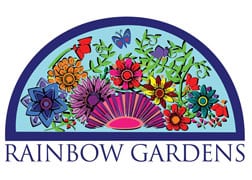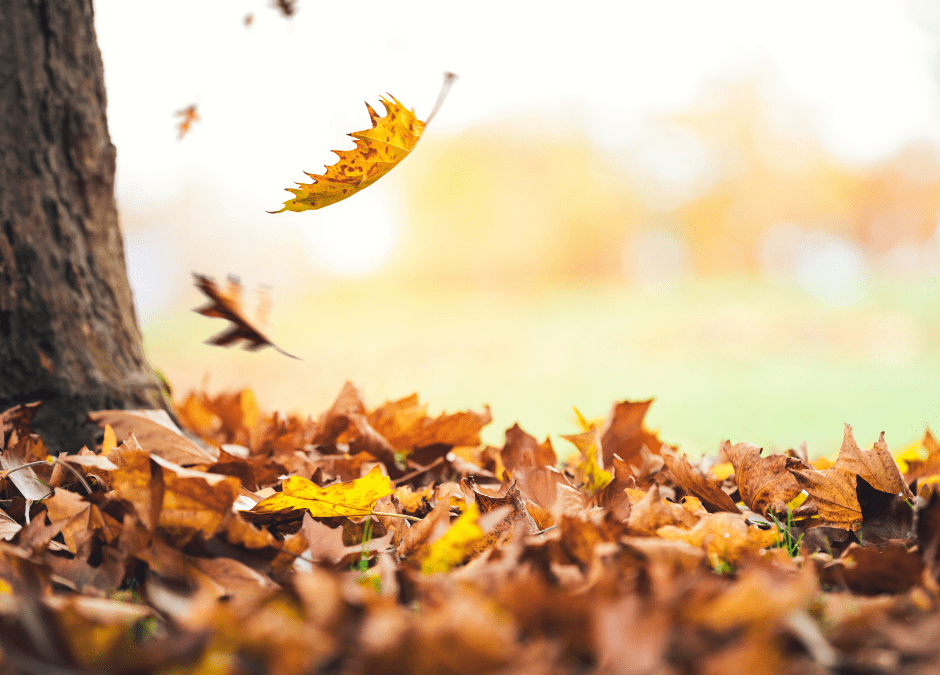All too often, when the season changes and leaves begin to fall, it’s the sound of groans that are heard from homeowners thinking about daily raking, or carrying around a heavy leaf blower on a weekly basis. We think the sound we hear should be squeals of joy.
Your trees are delivering a precious gift directly to your yard! Fallen leaves can be a valuable source of nutrients in a compost bin, or a source of mulch that adds an extra layer of cold weather protection; and they are FREE!
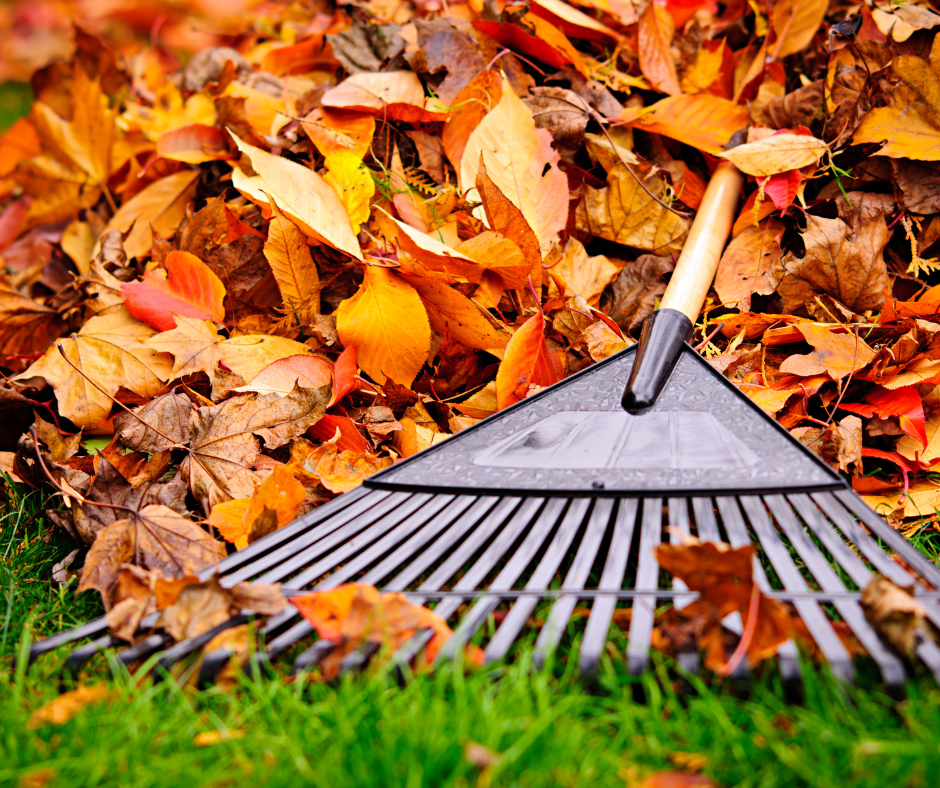
Why You Need to Collect Leaves
Yes, you still need apply some effort to get leaves off of your lawns, but it’s for the best. Although warm weather grasses stop growing through winter, they are still actively taking in, and needing, sunlight. The sunlight creates carbohydrates that help strengthen turf and prep it for cold temperatures. So while you do need to get them off your lawn, don’t be so quick to send them off to the landfill. Instead, repurpose leaves into mulch or use them in a compost bin to create rich soil for your garden.
Leaves are a great source of nutrients for your garden. As they break down, they release nitrogen, potassium, and phosphorus, which are essential for plant growth. They also improve soil structure and water retention, which can help your plants thrive and survive.
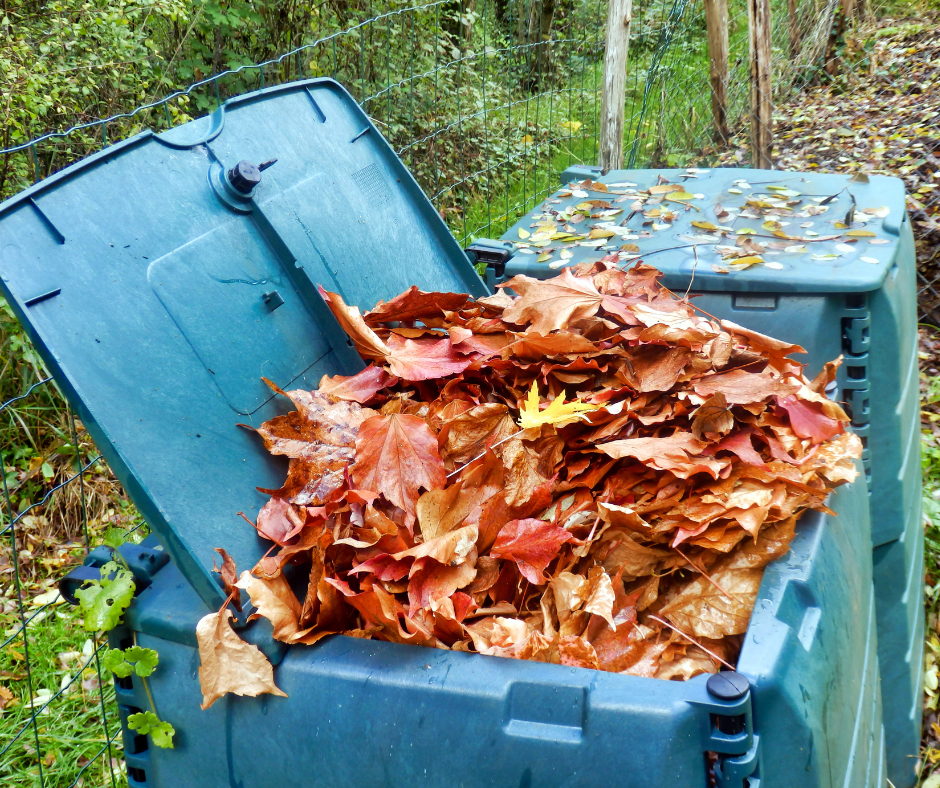
Leaves for Compost
To collect leaves for mulch or composting, you can use a rake or leaf blower to gather them into piles. Be sure to remove any large sticks or debris, as these can interfere with the composting process. You can also shred leaves with a lawn mower or leaf shredder to speed up the decomposition process.
If you don’t want to spend the extra time shredding or mowing, you can also just toss leaves into something like a wire fencing formed into a circular bin. They will decompose slowly and naturally, and can be mixed in with your “green” materials (kitchen scraps, grass clippings, plant trimmings), in your compost bins to create a balanced mix of carbon and nitrogen. This helps the compost break down more quickly and efficiently.
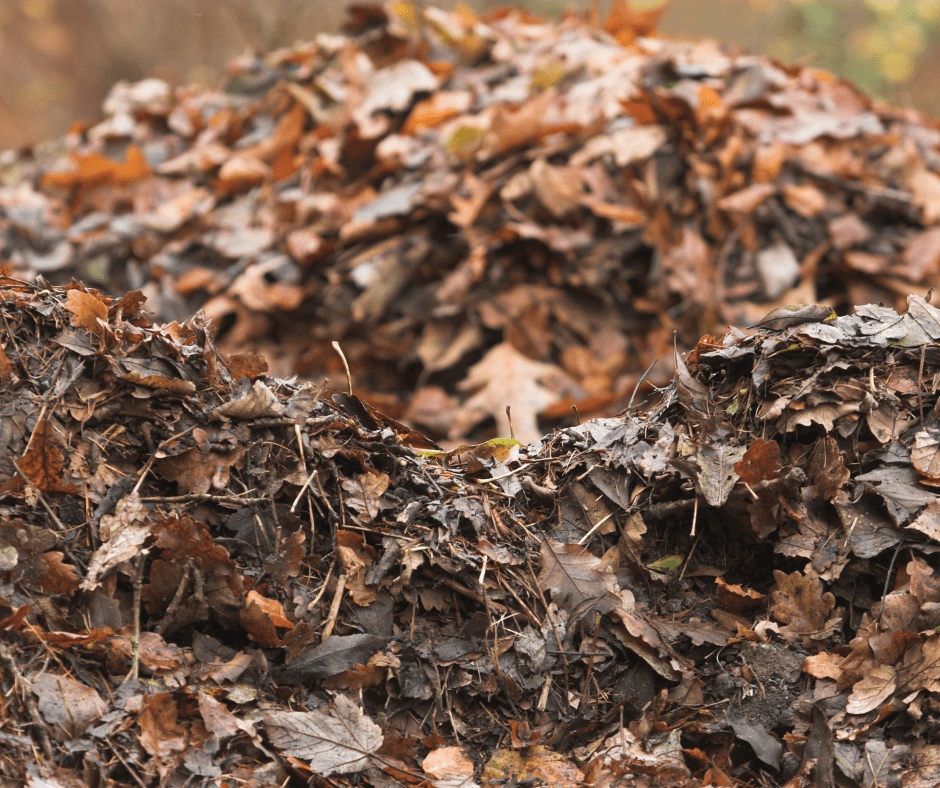
Leaves for Mulch
You can also simply collect leaves and pile them around the base of your plants to use as mulch that will help protect them from the harsh weather conditions, all while also providing valuable nutrients to plants. Just make sure the leaves are not piled up against the stem of the plant, as this could cause rotting. When using leaves as mulch, form them around the plants in the shape of a ‘donut’, rather than a ‘volcano’.
The layer should be at least two inches thick to provide adequate insulation. As the leaves break down over time, they will release nutrients into the soil and help retain moisture. What a great, sustainable way to dispose of fallen leaves while also benefiting your garden!
Overall, using leaves for mulch or compost is a great way to reduce waste and improve the health of your garden. So when you see a leaf floating past your head to rest on the lawn, instead of looking at falling leaves as “leaf litter”, maybe you can now start looking at them like “golden garden gifts”!
~The Happy Gardener, Lisa Mulroy
